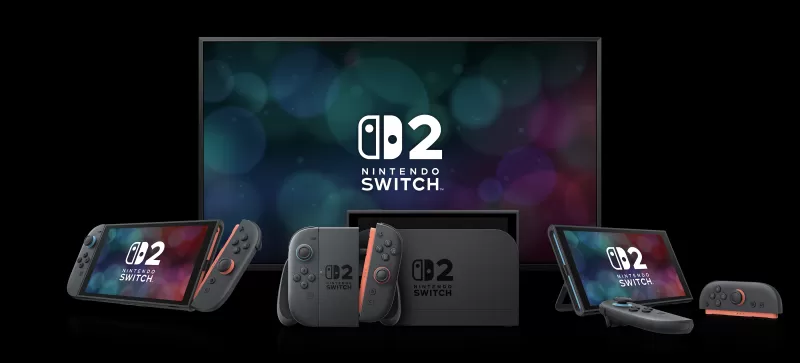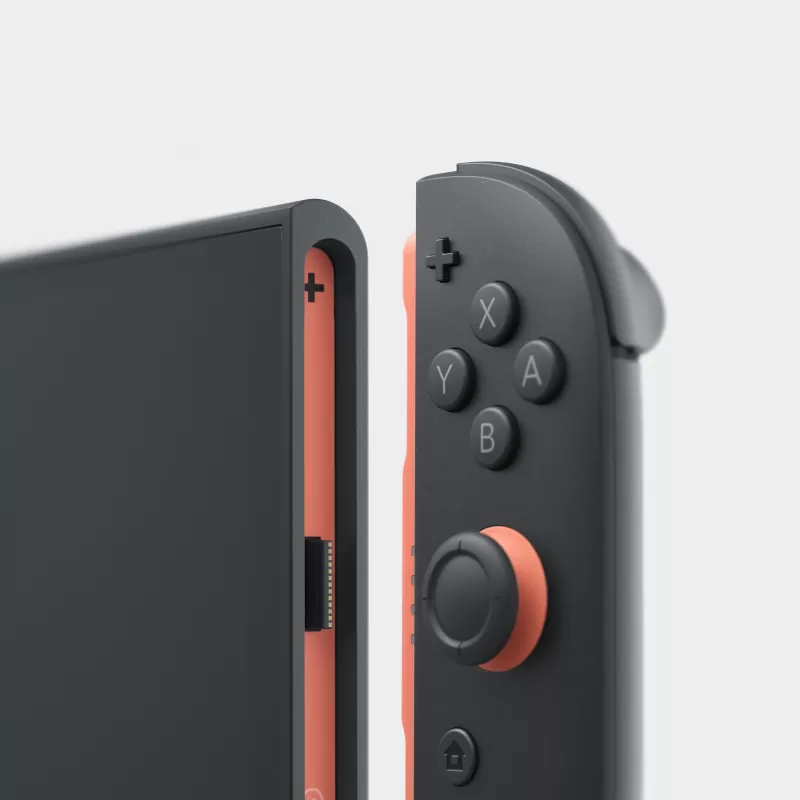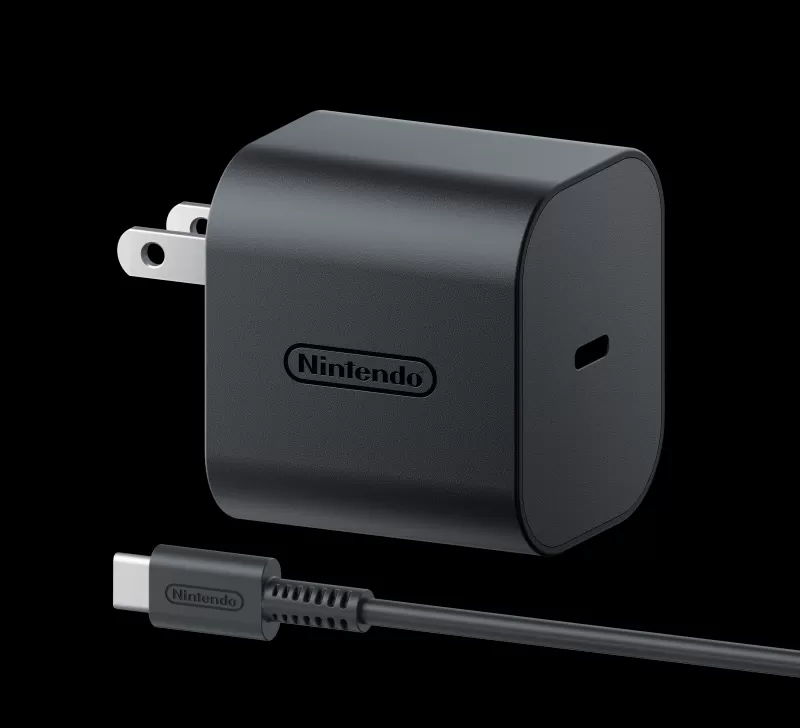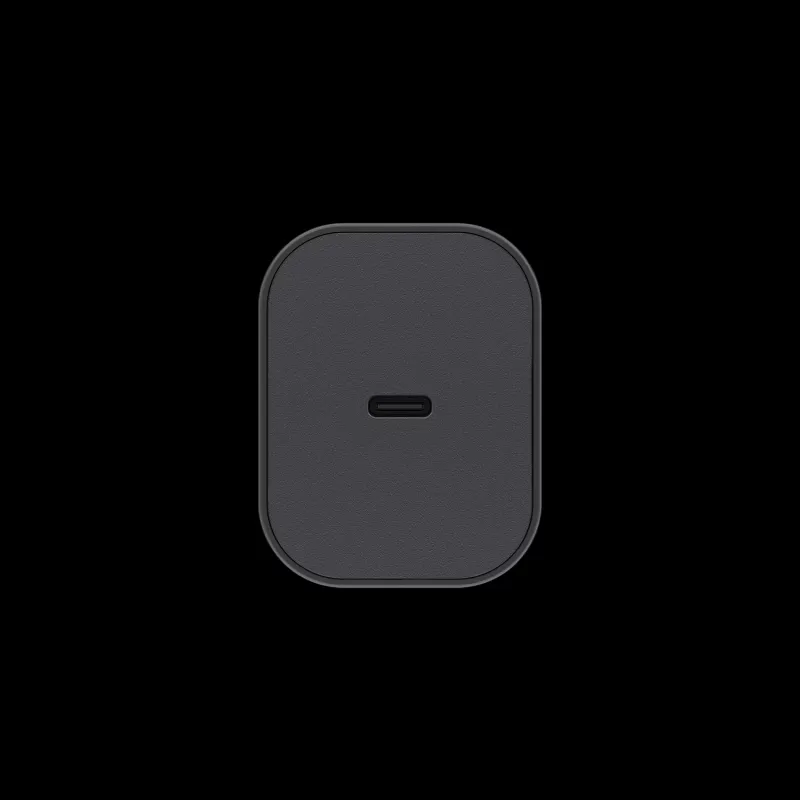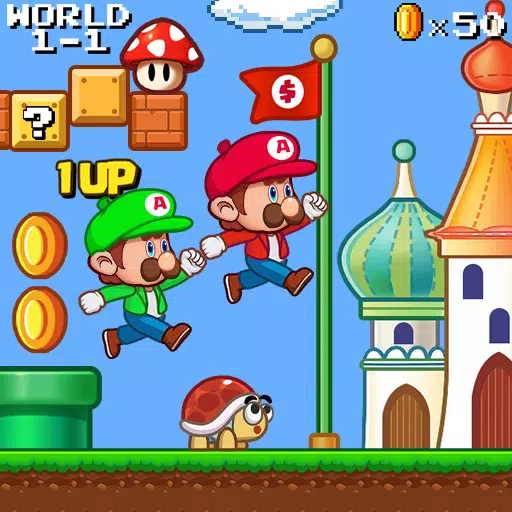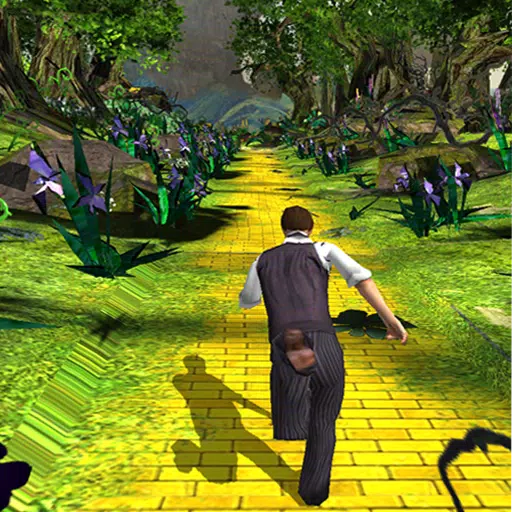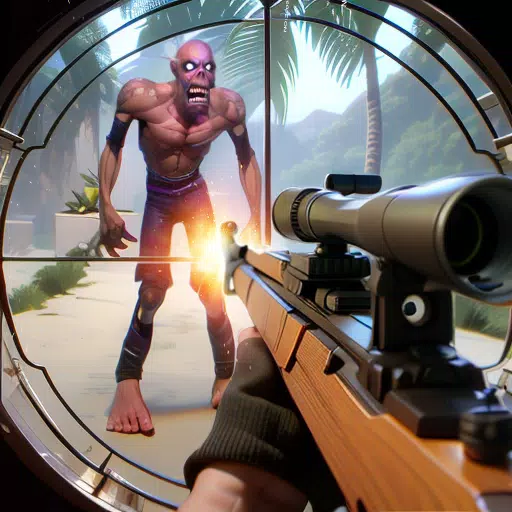This week has been a whirlwind for U.S. gamers, starting with the much-anticipated full reveal of the Nintendo Switch 2, complete with an array of exciting new games. However, the excitement quickly turned to concern when the console's $450 price tag and the $80 cost for Mario Kart Tour were announced. The roller coaster continued as Nintendo decided to delay pre-orders to evaluate the impact of the Trump Administration's sudden and sweeping tariffs on global trade.
We've previously discussed the reasons behind the high cost of the Nintendo Switch 2 and the potential effects of these tariffs on the broader gaming industry. Now, the burning question on everyone's mind is: what will Nintendo do next? Will the Nintendo Switch 2's price increase when pre-orders finally open?
Typically, to answer such questions, I consult a panel of expert industry analysts. While they can't predict the future with certainty, they usually provide a well-informed consensus based on data and evidence. This week alone, I've reached out to them twice. However, this time, for the first time in my career, every analyst I spoke to was stumped. They offered guesses, but each was quick to emphasize the unprecedented chaos and unpredictability of the current situation. No one can accurately predict the actions of Nintendo, the Trump Administration, or any other stakeholders in the coming days, weeks, or months.
With this significant caveat in mind, here's a summary of what the analysts had to say:
Sky-High Switch
The analysts were divided on the potential for price increases. Dr. Serkan Toto, CEO of Kantan Games, initially believed it was too late for Nintendo to adjust prices after their announcement. However, the delay in pre-orders has led him to reconsider. He predicts that Nintendo will run simulations and likely announce price hikes not only for the console but also for games and accessories. "I hope I am wrong, but if these tariffs persist, they leave Nintendo with no choice. Would you be surprised to see the Switch 2 hit $500 for the base model? I wouldn't," he remarked. Toto also questioned Nintendo's decision not to wait for the U.S. to resolve the tariff issues before setting the pricing.
Mat Piscatella, a senior analyst at Circana, echoed the sentiment of unpredictability but leaned towards the likelihood of increased prices across the board. He noted that the tariffs were much higher than anticipated, forcing businesses reliant on international supply chains to reassess their pricing. "The US could certainly be joining the group of regions subject to higher pricing due to these tariffs," Piscatella stated, highlighting the chaotic nature of the tariff announcements.
Manu Rosier, director of market analysis at Newzoo, anticipates an increase in hardware prices due to tariffs but suggests that software prices might remain unaffected, thanks to the dominance of digital distribution. "If a substantial tariff were introduced, companies like Nintendo would likely pass the additional cost onto consumers rather than absorbing it themselves," he explained.
Holding the Line
On the other side of the debate, Joost van Dreunen, an NYU Stern professor and author of SuperJoost Playlist, believes that Nintendo will try to avoid a price increase. He suggests that the $449.99 price point already accounts for potential tariff volatility. "Nintendo has restructured its supply chain to mitigate geopolitical risks. While the situation in Vietnam adds uncertainty, Nintendo will strive to maintain the announced price," he said, acknowledging that further deterioration of trade relations might force a reassessment.
Piers Harding-Rolls, a games researcher at Ampere Analysis, agrees that Nintendo risks consumer backlash if it raises prices after the initial announcement. He suggests that Nintendo hopes for a resolution to the tariff issues in the coming weeks. "Nintendo will not want to change the price having announced it, but everything is on the table now. If the pricing does change, it could impact the brand's perception and the US consumer's view of the product at launch," he warned.
Living in Unhinged Times
Rhys Elliott, a games analyst at Alinea Analytics, predicts higher prices for both Nintendo hardware and software due to the tariffs. He referenced his earlier comments on Nintendo's strategy of offering cheaper digital editions of games in certain markets. "The tariff situation is so chaotic that Nintendo was in 'wait and see' mode," Elliott explained, suggesting that the company might have planned similar strategies for the U.S. market.
Elliott also painted a grim picture of the broader impact of these tariffs on the gaming industry, aligning with warnings from the Entertainment Software Association. He criticized the tariffs as detrimental to consumers and the economy, driven by political motives rather than economic logic. "These extreme tariffs will be bad for consumers in the US but serve the administration's populist façade. Policies that lead to higher prices during a cost-of-living crisis are deplorable," he stated, emphasizing the economic harm caused by tariffs and the disruption to international trade principles.
Nintendo Switch 2 System and Accessories Gallery
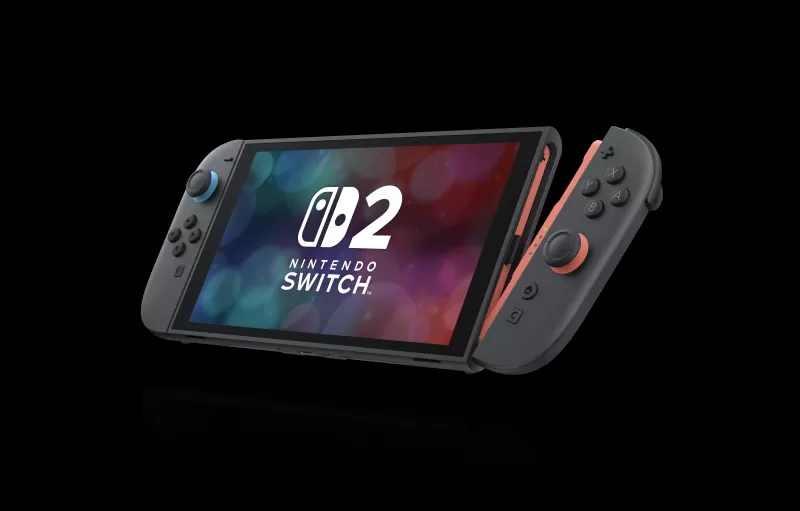
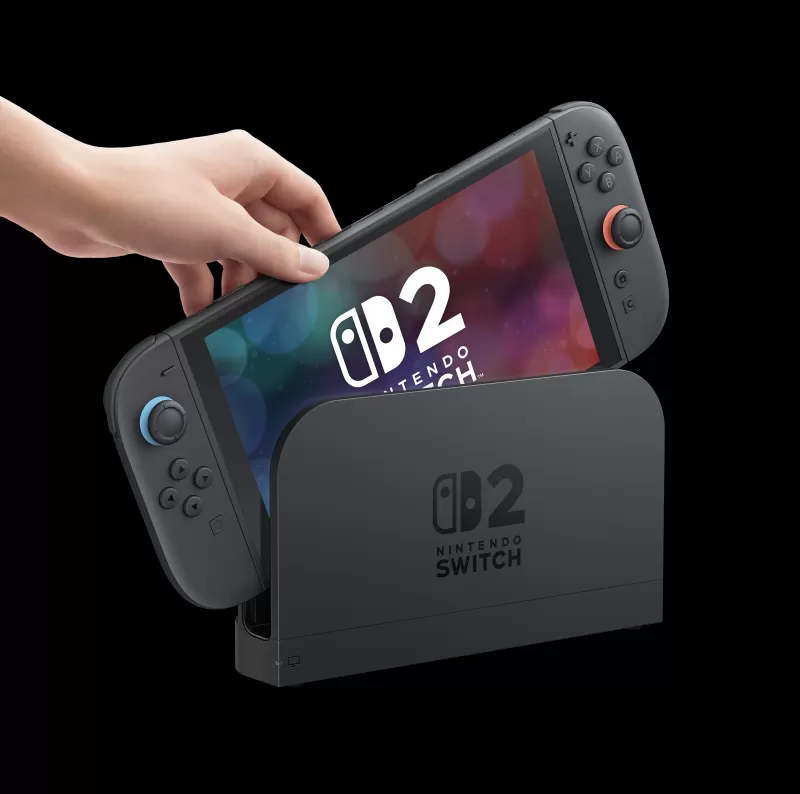 91 Images
91 Images